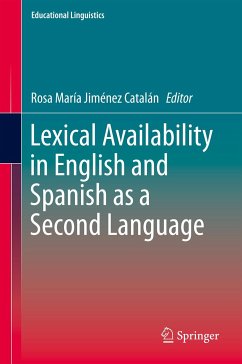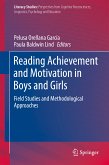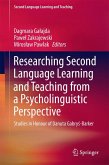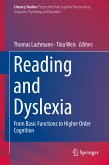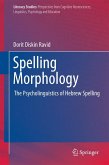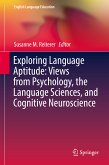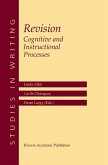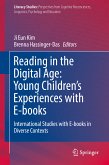"This book made me aware of an approach to vocabulary acquisition which has a long tradition in European research, but has been somewhat neglected by English-speaking researchers. The methodology was pioneered in France where it developed into the Francais Fondamental project - an influential approach to the vocabulary needs of learners of French. It was also taken up by Spanish researchers, and more recently developed by the team at La Rioja University.
Where English-language research has focused on the frequency of words in large corpora and the implications of this feature for L2 vocabulary acquisition, the lexical availability tradition takes a much more learner-centred approach to L2 vocabulary skills, directly reflecting learners' needs and learners' ability to do things with small, effective vocabularies. This leads to a set of research priorities that look refreshingly different from the ones we are used to.
Read this book. It might change the way you think about vocabulary research." Paul Meara, Swansea University, Wales, UK
Dieser Download kann aus rechtlichen Gründen nur mit Rechnungsadresse in A, B, BG, CY, CZ, D, DK, EW, E, FIN, F, GR, HR, H, IRL, I, LT, L, LR, M, NL, PL, P, R, S, SLO, SK ausgeliefert werden.
"The studies presented in this volume offer the reader findings and insights from studies conducted among learners with different mother tongues, who are learning English or Spanish as their second or third language in different countries ... . the authors suggest some of the innovations that couldbe interesting for further studies and disciplines, such as psycholinguistics or vocabulary testing, from which the results of lexical availability investigations could be studied." (Felipe Jiménez Berrio, Spanish in Context, Vol. 12 (1), 2015)
"This book compiles two different research areas: lexical availability studies, and vocabulary research in second or foreign languages. ... it offers an excellent (English-language) resource for any researcher/ teacher wanting to know more about the lexical availability of his/her learners' receptive and productive lexical competence. ... I consider the volume a fascinating resource and one that offers immense potential in exploring lexical availability either in isolation or in combination with vocabulary tests." (Jonathan Clenton, The Linguist List, February, 2014)

